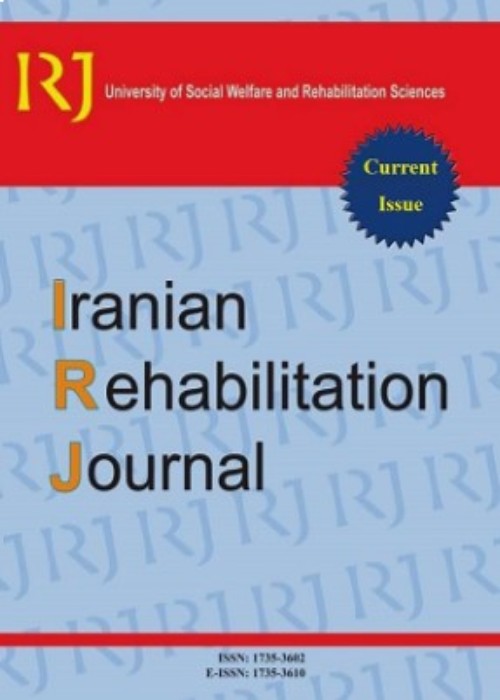Working Memory, Rumination, and Autobiographical Memory Specificity Impairment
Specificity impairment is a memory alteration that occurs in people with major depressive disorder (MDD). In this investigation, we intended to shine a light on obscure aspects of executive resource and capture and rumination frameworks to determine whether these theories are reliable in predicting underlying mechanisms for specificity impairment.
In this correlational research, we used the convenience sampling method over two months, between January and February 2021. We administrated the digit span working memory test, ruminative response scale (RRS), and autobiographical memory interview to indicate whether working memory capacity and subtypes of rumination can predict memory specificity in people with MDD. Using RRS enabled us to determine the correlation between subtypes of rumination and memory specificity.
Our samples consisted of 105 adults (53 males (50.5%) and 52 females (49.5%)) with MDD. The participants’ mean age was 33.38 years with a range of 22-43 years. The results no significant difference between gender, marriage, and age groups in terms of memory specificity (P>0.05). The results of the Spearman correlation coefficient and multiple regression analysis showed that only working memory capacity can predict memory specificity (r=0.216, p<0.05). There was no significant correlation between brooding and reflection, as two subtypes of rumination and memory specificity.
In line with our results, it should be stated that depression is accompanied by executive deficits, which result in memory impairments. These impairments are due to the structural and functional alterations in the brain in the depressed group. As the Carfax model emphasized, working memory capacity is not only required to maintain, define, and hold the optimal retrieval model but it is also crucial to inhibit interfering autobiographical information. Nonetheless, neither brooding nor reflection rumination can predict memory specificity. Therefore, memory capacity is probably occupied due to ineffective search strategies, not rumination.
- حق عضویت دریافتی صرف حمایت از نشریات عضو و نگهداری، تکمیل و توسعه مگیران میشود.
- پرداخت حق اشتراک و دانلود مقالات اجازه بازنشر آن در سایر رسانههای چاپی و دیجیتال را به کاربر نمیدهد.



